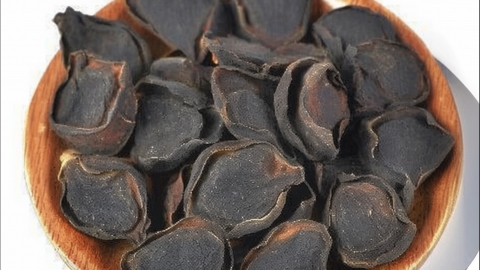What are the side effects of taking Heishunpian (Black顺片)?
Improper use of Heishunpian (Black顺片) may lead to some complications, generally including cardiac dysfunction, neurological damage, gastrointestinal injury, hepatorenal toxicity, and risk of addiction. If any abnormalities occur, prompt medical attention is recommended. Detailed analysis is as follows:

1. Cardiac dysfunction: Long-term or excessive use may cause arrhythmia and myocardial damage, which can progress to heart failure or cardiac conduction block, with symptoms potentially persisting or becoming irreversible.
2. Neurological damage: Residual aconitine may lead to neuralgia, limb numbness, sensory abnormalities, or memory decline. Some patients may develop peripheral neuropathy or central nervous system dysfunction.
3. Gastrointestinal injury: Repeated irritation of the gastrointestinal mucosa may lead to chronic gastritis, ulcers, or impaired digestive function, manifesting as persistent bloating, loss of appetite, or malabsorption.
4. Hepatorenal toxicity: Metabolic byproducts may accumulate and damage hepatocytes and renal tubules, causing elevated transaminases, proteinuria, or abnormal kidney function. Long-term use may progress to chronic liver or kidney disease.
5. Risk of addiction: Some patients may become dependent on Heishunpian, experiencing withdrawal symptoms such as increased pain, anxiety, or mood swings upon discontinuation, which requires professional intervention.
It is recommended to use Heishunpian only under the guidance of a licensed physician, strictly controlling dosage and duration of treatment. If symptoms such as persistent palpitations, limb numbness, or abnormal urine occur, discontinue use immediately and seek medical attention. Self-administration for prolonged periods or at excessive doses is strictly prohibited. Heishunpian is absolutely contraindicated for pregnant women and individuals planning pregnancy.




